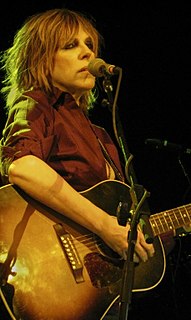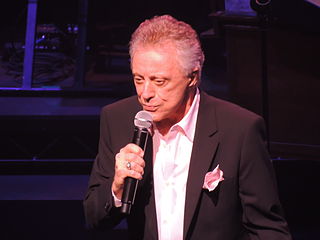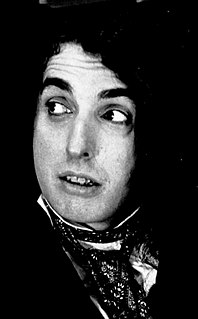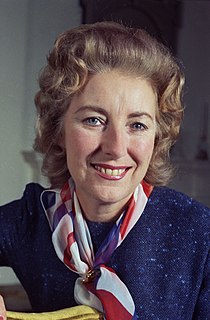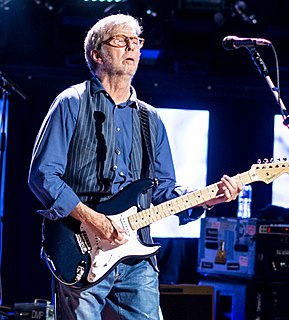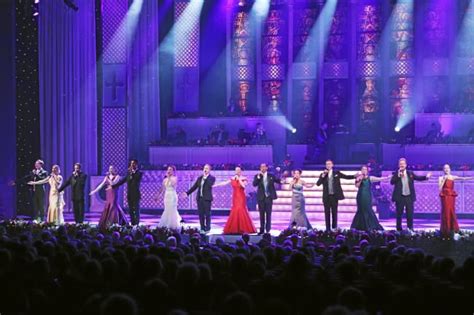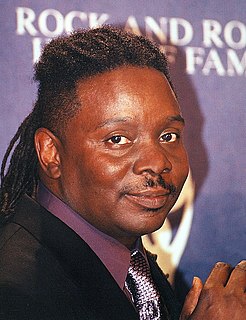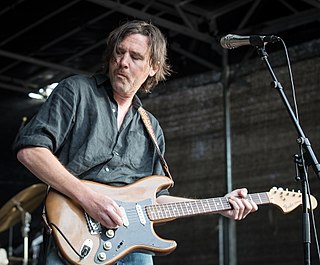A Quote by Justin Vernon
Those old Appalachian singers use a falsetto sometimes. They can change their voices to sound high or low or really scratchy. When you're singing, usually you're trying to express some kind of pain or joy. I think that voice allows me to do a lot more of that.
Related Quotes
Sometimes I need silence; sometimes I need voices around - but not too loud or distinctive. I guess it depends on the piece in question, what stage I'm in. I think some voices can help me not to try too hard - especially at the beginning stages. Does that make sense? By some voice I mean, low chatter in the room. When there's low chatter in the room, I'm a little more relaxed, my mind might be a little more open.
The expectation is this low, gravelly voice for John, but I went through his early recordings and there were songs in there where the voice was so different, I wasn't even sure if it was him singing, ... So it was interesting to me that we would see him develop the Man in Black sound. I thought it was really important that his voice change as his persona slowly solidified. The music was really the doorway into the character.
Establishing a style is important, it really is, but a lot of singers get so involved with their instrument, and more so than they do in what they're singing. I think you really have to think about what you're singing. You have to make the public believe what you're singing. And in order to do that, you have to believe it.
I'll keep this as nonpartisan and diplomatic as possible - but for those of us whose heads are kind of spinning off and are really engaged in what's happening right now and trying to effect change where we can, when we can, I think we also need to express ourselves and express our anger and also find joy in things like The Golden Girls right now.
There are no words and there is no singing, but the music has a voice. It is an old voice and a deep voice, like the stump of a sweet cigar or a shoe with a hole. It is a voice that has lived and lives, with sorrow and shame, ecstasy and bliss, joy and pain, redemption and damnation. It is a voice with love and without love. I like the voice, and though I can't talk to it, I like the way it talks to me. It says it is all the same, Young Man. Take it and let it be.
I don't think I'm turning back the clock by doing these old tunes. I love rock and roll and popular music. It's just that the spirits of the singers whose songs I do are living within me. That's why the songs come out in the voices of the original singers. I'm not doing imitations. That's the way they sound inside me.
Intellectual culture seems to separate high art from low art. Low art is horror or pornography or anything that has a physical component to it and engages the reader on a visceral level and evokes a strong sympathetic reaction. High art is people driving in Volvos and talking a lot. I just don't want to keep those things separate. I think you can use visceral physical experiences to illustrate larger ideas, whether they're emotional or spiritual. I'm trying to not exclude high and low art or separate them.
I'm not someone who can sing anything... And my favorite singers aren't people whose voice you would say is amazing. I'm a big Bob Dylan fan, a huge David Bowie fan... none of those people have orthodox, cabaret voices. These are people where what they're singing about is just as important as how they're singing it.
I'm a natural baritone, so I had challenges in that middle range, which would be that tenor area, singing in my natural voice. And I worked on that. But basically the falsetto thing, I didn't even know it was a falsetto until a music teacher commented on it, that I had a very nice falsetto. I didn't even know what it was. I said, 'Oh, OK.'
In any big spectacular, it's really difficult to have enough voices to cover all the vocal parts. To give the audience the complete experience they're expecting, there is some reinforcement, some playback that everybody's hearing. Sometimes it's background vocals, but sometimes it will be actually vocal tracks. It's so hard to ensure, with no safety net ... you're not gonna get another shot at it, you have to have stability. I think it's very naïve of a lot of people to think that when you see someone open their mouth, they're really singing.

